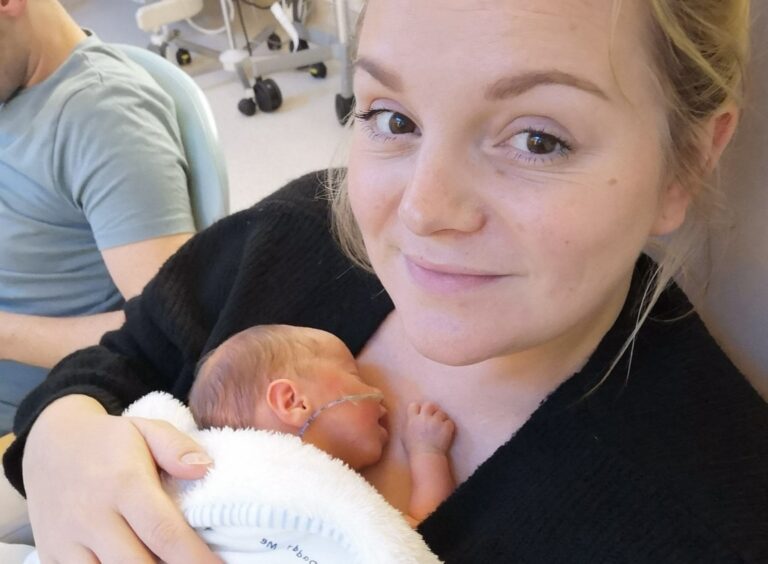

We’ve already spoken about the huge range of emotions that come with being a parent and the toll this can take on our mental health. It’s not uncommon for those going through pregnancy or those welcoming a new child to experience dazzling highs and mind blowing lows. But a pregnancy and post-birth wellbeing plan can help us navigate this tumultuous time with more awareness, allowing us to take action and nip any potential issues in the bud quickly.
It’s a bit Ronseal in that it does exactly what it says on the tin. A pregnancy and post-birth wellbeing plan allows you to consider how you’ll take care of yourself in the early months after your baby arrives. We’ve no doubt that you’ll be thinking about the birth of your baby and how you’d like that to go. This is just an extension of that thought process, and it’s just as important.
The plan can be tailored for all parents, regardless of how your babe will be joining your family. Whether you’re adopting, having IVF, IUI, using a surrogate or your baby is arriving via more “traditional” methods, every parent needs to make sure they’re taking care of themselves before the baby arrives and in those precious early days. “Pregnancy” can be replaced with “preparations” if needed.
It’s basically to help you prepare any support you might need and to help you flag any issues you might have. Much like you’d plan ahead for something before you’re in the middle of it, your pregnancy and post-birth wellbeing plan allows you to think ahead before you’re in the midst of the chaos of hormones, sleep deprivation, stress or feeling unwell so you can really focus on what might help you if you find yourself struggling. If you can lay this out ahead of time, it will be an invaluable resource to turn to.
A chance to reflect on how you’re feeling: Your plan should allow you (and remind you!) to check in with yourself on a regular basis. You should be able to really think about how you’re feeling and identify if there’s anything that is causing you concern.
Things to keep an eye out for include:
If any of these things come up for you at any point during your pregnancy or preparations for your baby or after their arrival, it’s really important to speak to someone, such as your midwife, health visitor or a GP.
A list of 3-5 things that make you feel good: It sounds obvious but sometimes we forget what makes us feel better, so having an actual list written down somewhere can help, even better if you can include goals to work those things that make you feel better into goals or tiny schedule changes. For example, if you know you love reading, maybe one night a week, make a pledge to yourself to go to bed 20 minutes early and read a book. Or if you know you love to run, try and take the baby out in the pram so you can jog around the park. Small changes make a huge difference.
A list of who you can ask for help: Finding support can be really tricky, especially if you’re a single parent, but there are always people who can help. Whether it’s family, friends, local groups, those you meet at antenatal classes, baby massage, antenatal and postnatal exercise groups, new mums groups, there’s always an opportunity to meet others who get it and you can guarantee. Any concern you have, you’ll find someone else who has had it too and it’s never too early to start building your support network.
Ways to ask for help: This is SUCH a big one, because as parents we’ve been conditioned to believe that asking for help means that we’re a failure, but we’re here to tell you that is fundamentally untrue. Asking for help is a sign of strength. These conversation starters can be a great place to begin if you’re not sure. Jot these into your pregnancy and post-birth wellbeing plan or save the insta post so you’ve got them to hand in case you need them.
Treat it like a sacred document! Not really – but you should make sure you keep it somewhere you’ll remember to look at it and check in with yourself regularly. It’s there to be used. Maybe you stick it on the fridge, maybe you keep it on your bedside, maybe you keep a copy of it on your phone. Be sure to share it with those closest to you so they also know what you’re doing to take care of yourself.
Your pregnancy and post-birth wellbeing plan is also a tool that can help long beyond the early days of parenthood. It’s absolutely crucial to continue checking in with yourself beyond those hazy days and this plan can be a great way to begin to implement healthy habits that can help long after your little one has left their infancy behind.
Remember looking after yourself isn’t a luxury. It’s a necessity.
Tommy’s Birth and Wellbeing Plan is an incredible tool that will ask you key questions to help you think really carefully about all of these things and much more. You can complete it at any point during your pregnancy and includes a tailored route for those who have experienced loss or premature birth.